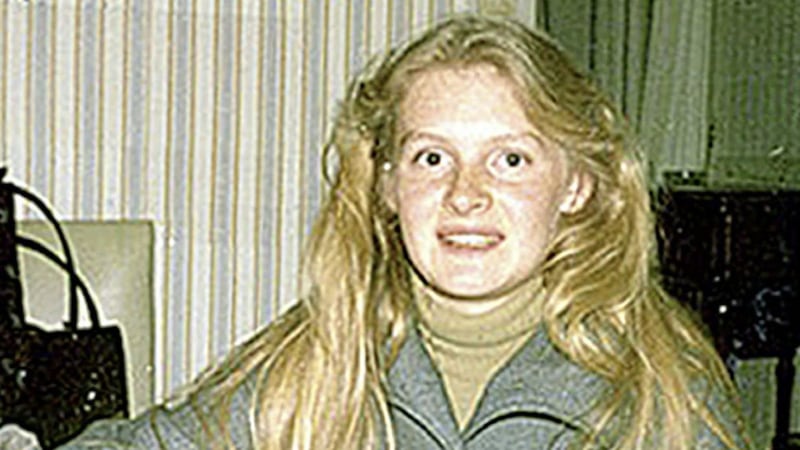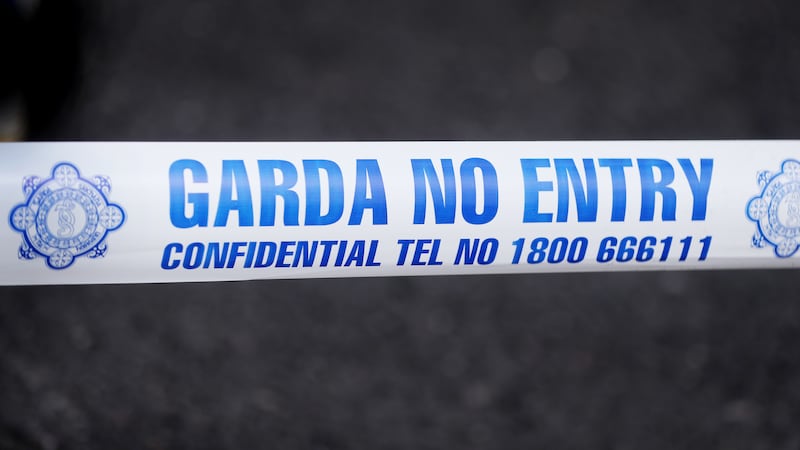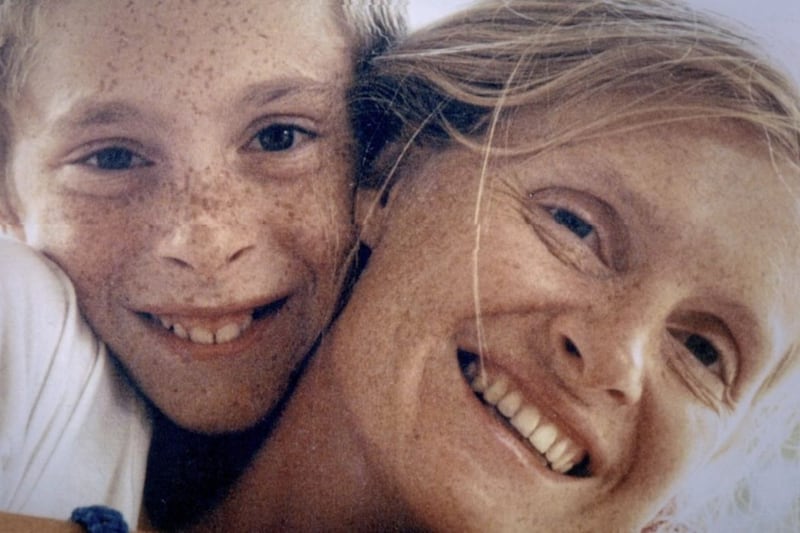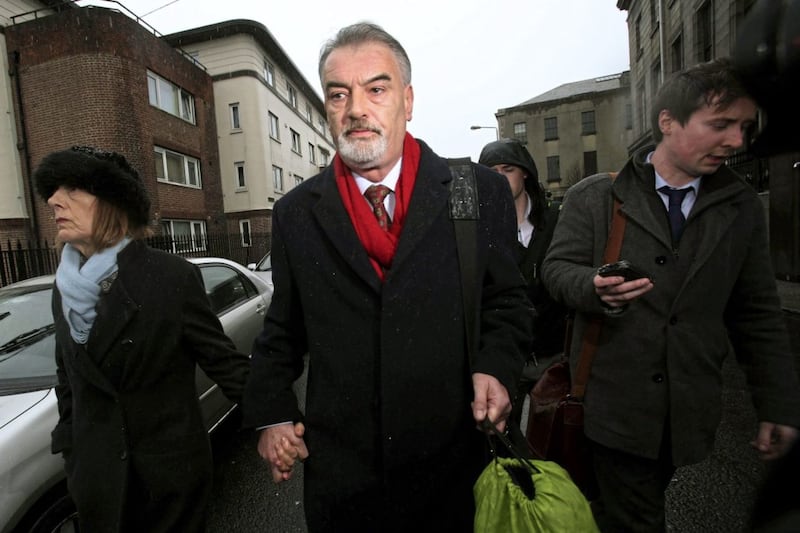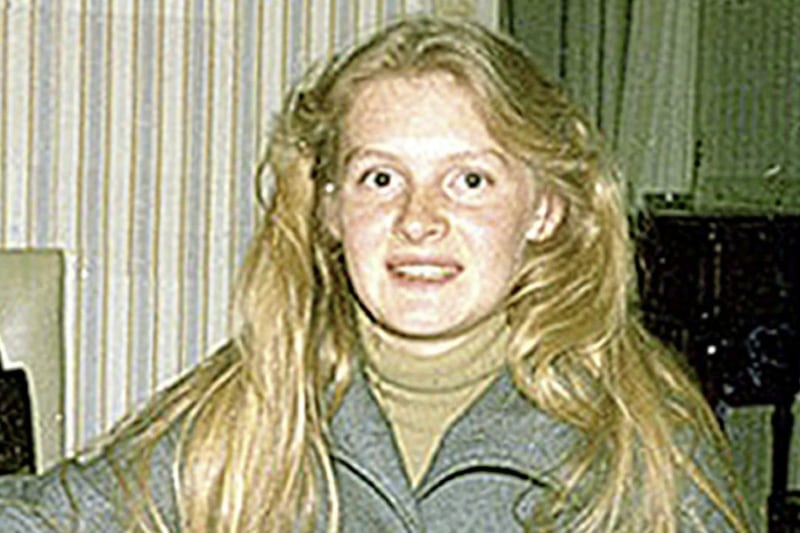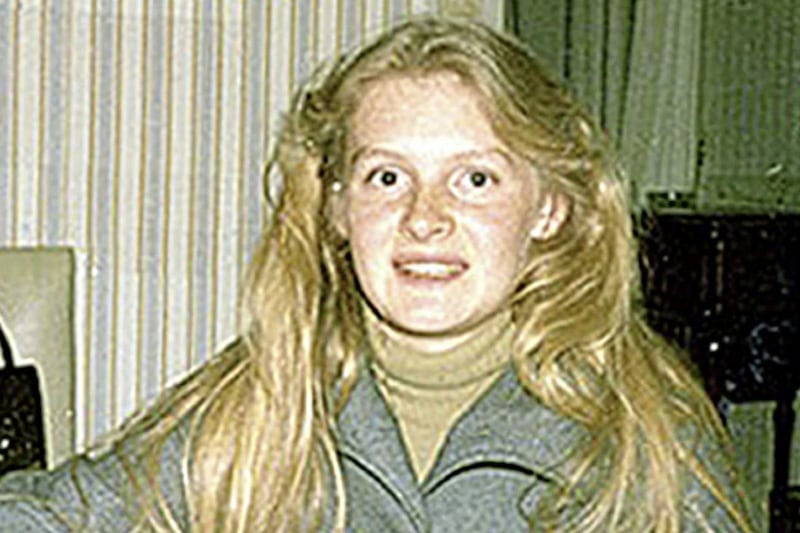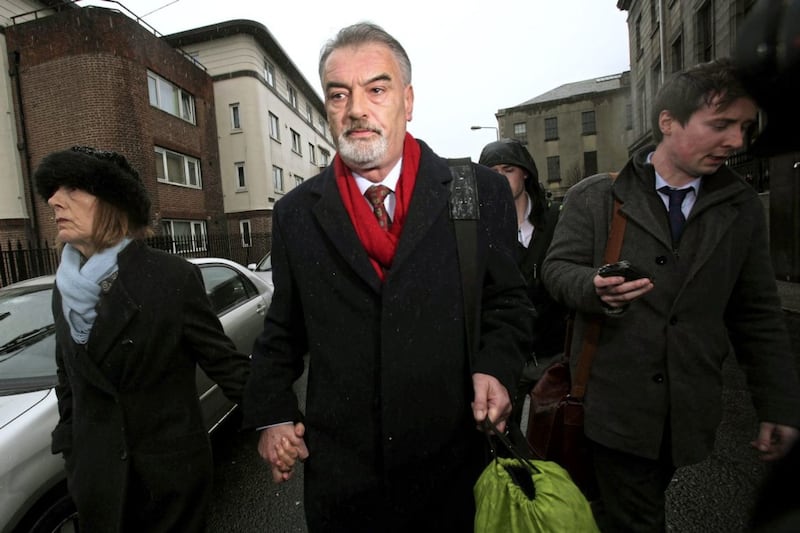A French film director's wife murdered in west Cork more than 20 years ago was "suspicious" of a neighbour who tried to impress her with poetry, a court in Paris has heard.
Sophie Toscan du Plantier was battered to death with a blunt object outside her holiday home on an isolated hillside in Toormore, near Schull, two days before Christmas in 1996.
The case is one of Ireland's most famous unsolved murders and the main suspect, 62-year-old British man Ian Bailey, was never tried although several people claim to have heard him confess to the killing.
The victim was the third wife of celebrated cinematographer Daniel Toscan du Plantier, who was 16 years her senior, and friends said she had bought the cottage in west Cork to escape their busy life together.
Last year the case reached a global audience after being re-investigated in the popular true crime podcast West Cork.
Bailey, who still lives in the close-knit community with his partner Jules Thomas, vehemently denies any involvement in Ms Toscan du Plantier's death and denies ever admitting the murder.
Manchester-born Bailey tried to build a career as a journalist before moving to West Cork in the mid-1990s where he turned his hand to poetry, gardening and running a pizza stall with Ms Thomas.
The Republic has twice refused to extradite Bailey to France and this week he is being tried in his absence at the Cour d'Assises in Paris, the highest criminal court in the region, and risks being jailed for up to 30 years.
On Tuesday the victim's best friend Agnes Thomas said she has asked her to join her on the brief trip to Ireland but she had been unable to go because of a birthday.
She told the court: "Perhaps if I had been there she would still be alive."
Ms Thomas said she and the victim would speak almost every day on the phone and she had described a man trying to recite poetry to her who had wanted to meet again.
"She was suspicious of him and she didn't want to see him," she said.
Ms Thomas said her memories were "a bit polluted" by everything that had happened and she could not say exactly when the conversation had taken place, adding that she and her friend had not dwelt on the man for long.
Ms Thomas did not recall the victim giving the man's name, but Bailey was at the time trying to make a name for himself as a poet.
She said Ms Toscan du Plantier had thought he was "strange" rather than just being too forward.
The failure to prosecute Bailey sparked allegations of incompetence and corruption against gardaí and prompted the victim's family's campaign to have him extradited to France.
The Paris case is viewed as another way of pressuring the Republic into handing over Bailey to the French authorities.
If he were to be extradited, he would be tried again by a jury and given the opportunity to mount a defence.
